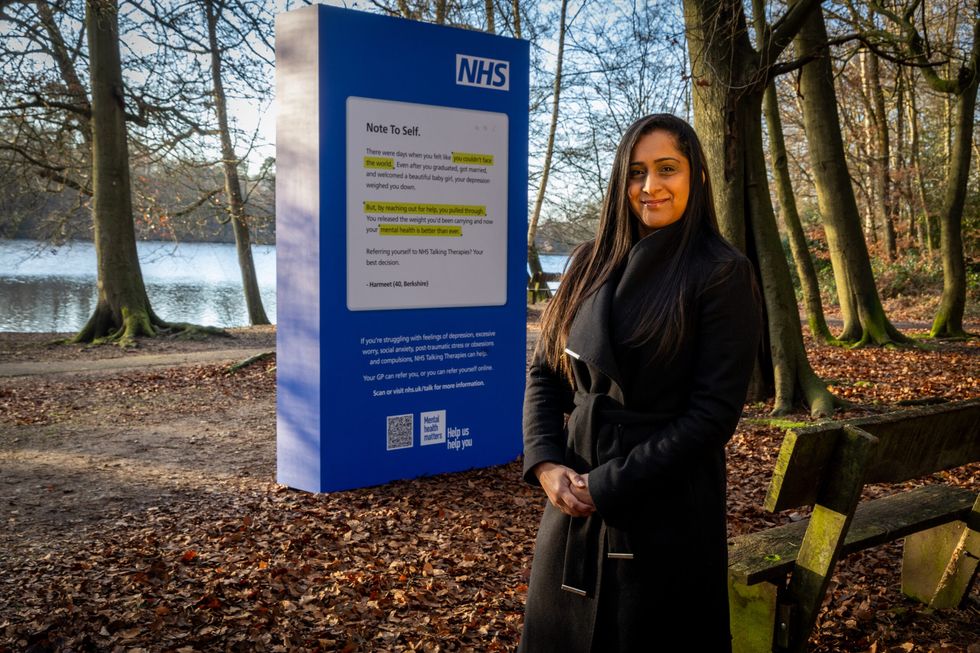A new NHS England survey has revealed that a significant number of south Asians, 64% to be precise, are experiencing mental health concerns. Among those surveyed, 42% reported experiencing depression, while 29% faced generalised anxiety disorder.
The silver lining, however, is that 65% of those who sought professional help for anxiety or depression reported an improvement in their mental health.
In response to these findings, NHS England is actively promoting its Talking Therapies services.
These services offer effective and confidential treatments for various mental health issues, including depression, anxiety, panic attacks, social anxiety, post-traumatic stress, and more. These therapies are available online, over the phone, or in person and are free of charge, a press release by the NHS said.
Addressing mental health can be challenging, especially in discussing it with family and friends, a concern that is particularly acute among men in the south Asian community.
Ummar Sadique, a Cognitive Behavioural Therapist, emphasises the cultural barriers that often prevent men from seeking help. He advocates for the use of Talking Therapies as a confidential space to open up about mental health issues.

He said, “As an NHS accredited Talking Therapist, I notice that men from the community are far less likely to seek help from therapy than women are. I think it’s an ingrained part of our culture, but it’s something I’d really like to see changing.
“With Talking Therapies you have the opportunity to talk to someone completely independent, and in confidence, so you don’t have to be embarrassed about opening up. There are more people using the service than you may think.
“As a community we need to start seeing mental health as an essential part of our overall health. You’d go to see a doctor or a specialist if you had stomach pains, for example, and it shouldn’t be any different if your mental health is suffering.”
Harmeet, who has used cognitive behavioural therapy (CBT) through NHS Talking Therapies, shared her positive experience: “Talking Therapies helped pull me out of the dark hole I found myself in. My mental health is better than ever before.”

The poll also highlighted a lack of awareness, with 56% of south Asians unaware that self-referral to NHS Talking Therapies for anxiety and depression treatment is possible.
The NHS stresses that these services are available to anyone over 18 registered with a GP, regardless of whether they have a diagnosed mental health problem. Multilingual therapists or confidential interpreters can provide therapy for non-English speakers.
Kiran Bal, an HICBT Therapist, encourages those struggling with depression or anxiety to consider NHS Talking Therapies. Bal highlights the tailored, evidence-based treatments offered and the ease of access to the service, either through self-referral or GP referral.
“If you think you may be struggling with depression or anxiety, NHS Talking Therapies may be able to help, it’s a free and confidential service. Talking therapies is tailored to your specific needs, and you can either refer yourself to the service or discuss it with your GP first – whichever feels more comfortable for you. As therapists, we are specifically trained in offering evidence-based treatment to support people with their mental health difficulties, and I have seen first-hand the benefits of this service for many of my patients.”
NHS Talking Therapies cover a range of mental health issues, from anxiety and depression to stress, phobias, worry, social anxiety and more.
The recent survey, conducted by Censuswide among 2008 consumers in England, including 252 from the south Asian community, underscores the need for greater awareness and utilisation of these valuable mental health resources.




